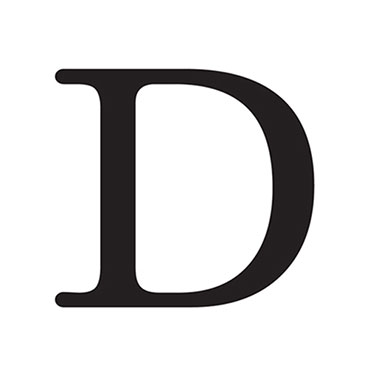By Editorial Rent Freeze
ALREADY left reeling by the abrupt, sweeping rollback of American development aid under President Donald Trump, the world now has to come to terms with the possibility that millions may die as a result. A Lancet study estimates that up to 14m preventable deaths may occur by 2030, including 4.5m children, if the cuts are not reversed. This is no speculative warning. It is a projection based on an analysis of past USAID-supported interventions which helped avert nearly 91m deaths worldwide between 2001 and 2021. Before USAID was axed, the country was handling 40pc of global humanitarian aid efforts. It is not hard to imagine how its dismantling will have lethal consequences. Already, clinics are shutting down, medicine supplies are drying up, vaccine programmes have stalled, and thousands of front-line workers have been laid off in LMICs. The US administration defends its stance as a realignment of priorities towards “self-reliance” and “efficiency”. But critics, including former US presidents, warn this is not reform — it is abandonment. In countries like South Sudan, Bangladesh and the DRC, the withdrawal of aid has left large numbers without access to basic healthcare. In Ukraine, the freezing of humanitarian assistance has disrupted shelter, food and medical relief operations, leaving local NGOs unable to meet growing needs.
To make matters worse, other Western donors are slashing aid budgets: the UK (40pc), France (37pc), the Netherlands (30pc), and Belgium (25pc). The OECD estimates that overall development assistance could fall by 9pc to 17pc in 2025, placing entire humanitarian and development systems at risk of collapse. Combined, these cuts could undo decades of gains in global child survival, maternal health, disease prevention and food security. The study has laid it down simply: now is the time to scale up, not scale back. Leaders across the globe must view this as a preventable disaster. High-income countries must step up and bridge the shortfall by providing stopgap funding, the WHO’s essential health services must be scaled up and the global community must consider creating a Global Health Fund that is insulated from political shocks. Pakistan, for its part, has no option but to reduce its reliance on aid and invest in more resilient health systems if it wants to insulate itself from the ensuing shocks of the announced cuts. It is every man for himself now.
Published in Dawn, July 3rd, 2025
